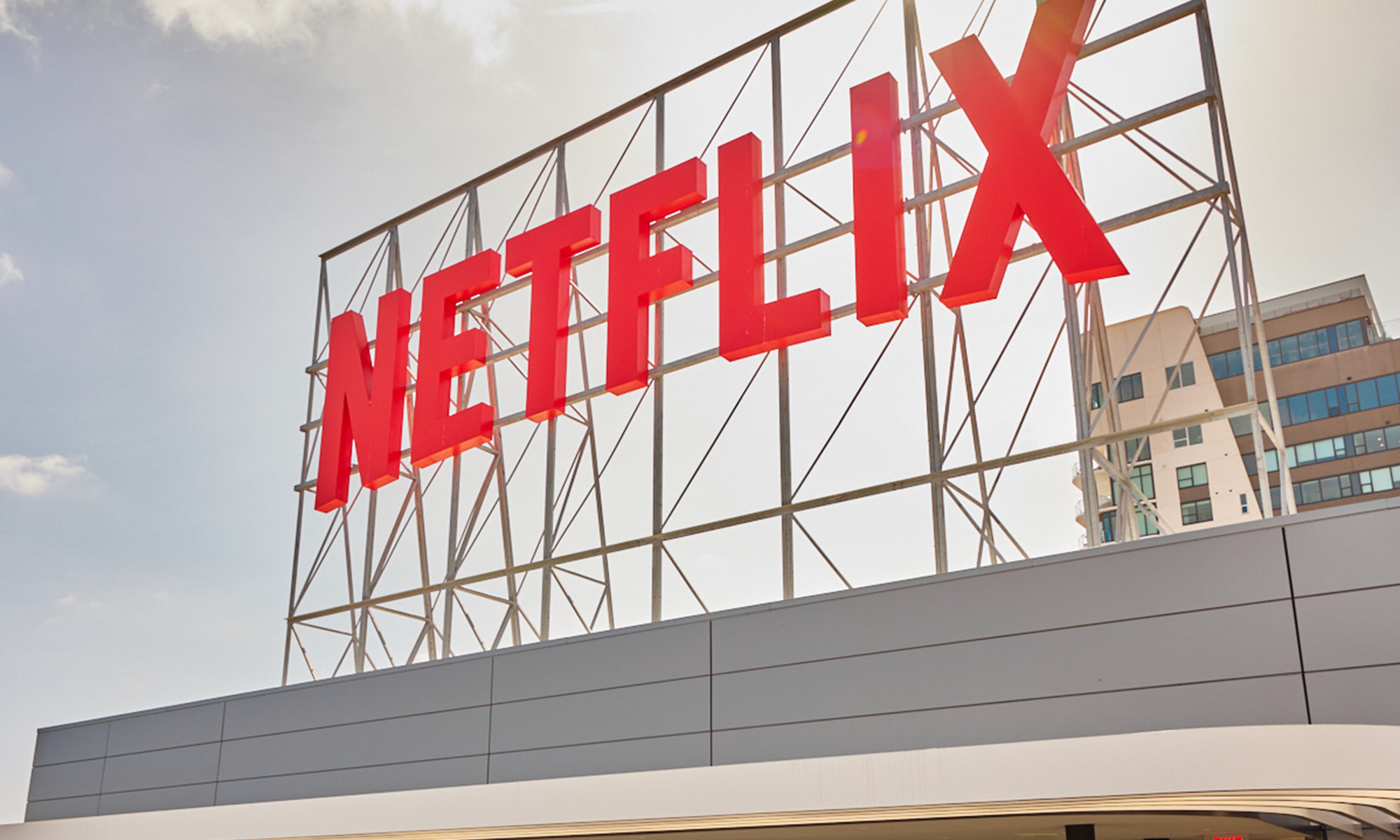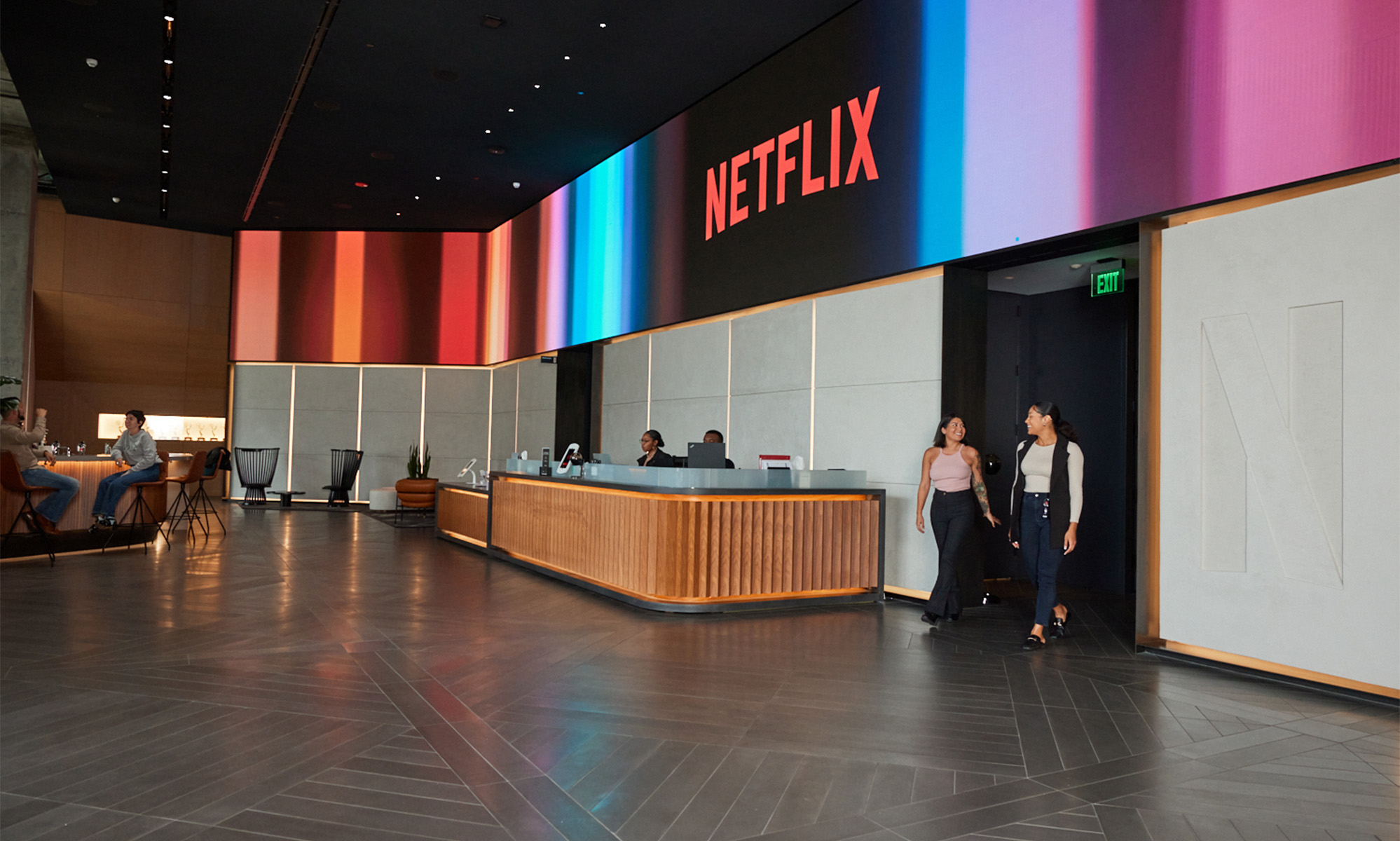President Donald Trump's aggressive tariffs could lead to higher inflation as corporations raise their prices and pass on cost increases to consumers. However, the public might respond by spending less, which could lead to lower revenue and profits for businesses. That's one of the many reasons the market considers Trump's trade policies a significant risk.
Thankfully, some companies can handle an inflationary environment and perform well throughout, while still registering the 12.3% compound annual growth rate needed to double your money in six years. And some of those have strong buy-and-hold qualities that could allow them to deliver excellent returns over the long run.
Two great examples are Netflix (NFLX 0.87%) and Vertex Pharmaceuticals (VRTX +0.45%). No corporation is entirely tariff or inflation-proof, but these two could perform better than most despite these challenges.

Image source: Getty Images.
1. Netflix
Netflix's business is largely insulated from tariffs, as it generates revenue from digital subscriptions and ads. The company could also survive inflation for another reason: It benefits from strong pricing power. Netflix has raised its prices many times over the years, including earlier this year. Yet the company's subscriber base has continued to grow.
Part of Netflix's secret is its brand name, which has become synonymous with streaming. Customers looking to hop onto a streaming platform will naturally be drawn to some of the leaders, and Netflix is the biggest among them.
Then there is the company's massive content library, with shows and movies chosen with viewer habits and preferences in mind. These two factors mean that when the cost of doing business rises, Netflix can raise prices without triggering a significant exodus from the platform. That's one of the reasons financial results should remain strong for the foreseeable future.
Another reason is that Netflix has substantial growth opportunities. Streaming hasn't peaked yet. Netflix estimated an opportunity of more than $650 billion, including its still-new but growing advertising business. The company's trailing-12-month revenue is a fraction of that at $43.3 billion, so there is still a massive runway for growth.

NASDAQ: NFLX
Key Data Points
It's worth noting that Netflix's shares fell after it announced its third-quarter results. The market honed in on its worse-than-expected bottom line. But even that was due to expenses from a tax-related dispute with Brazilian authorities, not the sort of thing that will plague the company over the long run.
After its recent dip, Netflix's shares look even more attractive for investors willing to stay the course. The stock could deliver better-than-average returns over the next six years -- despite tariffs and inflation -- for those who initiate a position today. And given its position in the streaming industry, Netflix is a great long-term bet.
2. Vertex Pharmaceuticals
Vertex Pharmaceuticals is another excellent choice along those lines. As a leading biotech, the company sells prescription drugs, which are always in high demand. Vertex's case is slightly different from that of its peers, though. Within its core therapeutic area of cystic fibrosis (CF) -- a rare disease that leads to damaged internal organs -- Vertex Pharmaceuticals is the only game in town. Its approved medicines are the only ones that attack the root genetic causes of CF. This monopoly grants the company significant pricing power.
And over the next six years, we should see Vertex Pharmaceuticals' revenue, earnings, and stock price grow at a good clip. Here are four reasons why.
First, Vertex won't encounter a patent cliff by then. The company's most important products will only lose patent exclusivity toward the end of the next decade. Second, it's unlikely we'll see any company finally challenging Vertex in this area. Plenty have tried and have been unsuccessful so far.

NASDAQ: VRTX
Key Data Points
Third, a sizable chunk of the CF patient population in the geographies Vertex Pharmaceuticals targets has yet to start treatment. As the company makes more headway into this space, its financial results will continue to move in the right direction. Fourth, the company should ramp up revenue for newer products while launching others. The company's portfolio of newer medicines comprises Journavx for acute pain and Casgevy for sickle cell disease and beta thalassemia.
Future launches could include zimislecel for type 1 diabetes, inaxaplin for APOL-1 mediated kidney disease, and povetacicept for IgA nephropathy. Significant clinical and regulatory progress could jolt the stock and drive even stronger top- and bottom-line growth for Vertex.
All of these are great reasons it could significantly outperform the market over the next six years. The company's strong innovative qualities make it an excellent biotech stock to buy and hold.





